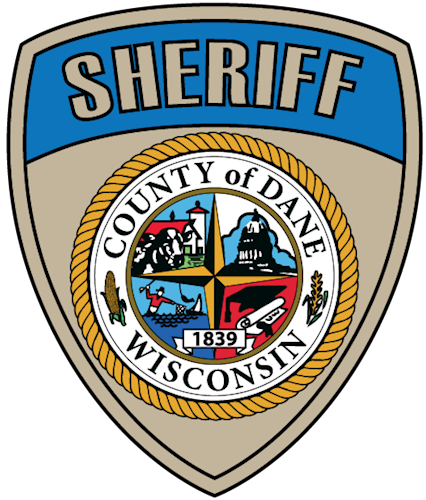Boating Checklist
April 25, 2008
Contact: Elise Schaffer, PIO
Phone: (608) 284-6142
Email: schaffer@co.dane.wi.us
Sheriff's Office
In just one week, fishermen and women will take to the lakes for opening day. The Dane County Sheriff’s Office Marine and Trail Enforcement Bureau would like to remind boaters to thoroughly prepare their boats before going out on the water.
Deputies suggest the using the following checklist to ensure your boat is water ready:
1) Registration and Display
a) Make sure that your registration is up to date, your numbers and registration decal are affixed to your boat properly and your certificate of number is with you onboard the boat.
b) If your registration is in the mail, have the appropriate paperwork on board.
2) Personal Flotation Devices (P.F.D’s.)
a) Everyone that is onboard the boat must have a wearable P.F.D. The P.F.D. must be accessible (not in a locked compartment or sealed in plastic) and must be undamaged. It doesn’t hurt to carry extra’s!
b) If your boat is 16’ in length or over, you must also have a throwable type IV P.F.D. that must be immediately accessible to the operator.
c) Wear your PFDs. They don’t work if you don’t wear them.
3) Battery
a) If you have any storage batteries onboard, they must be secured to the bottom of the boat and both terminals must be covered.
4) Lights
a) Prior to going out on the water, even if you don’t plan on staying out past sunset, check both your bow and stern lights and make sure they are in working order.
b) Have spare bulbs for each light and spare fuses on board the boat.
c) Know when sunset is. Carry a boating regulation book with you and check the back of the booklet for the hours of darkness.
5) Fire Extinguisher
a) If you boat requires a fire extinguisher, it must be accessible, charged and in working order.
6) Miscellaneous Items
a) Tool box
· Carry a toolbox along containing; screw drivers, pliers, wire cutters, adjustable wrench, electrical tape, duct tape, spare bilge plug, flashlight, fuses and light bulbs.
b) First aid kit
· All you need is the basics and clean water.
c) Signaling device
· A cell phone, radio, distress flag, flares, any means necessary to notify someone if your in trouble.
d) Anchor
· If you have motor failure, an anchor should be dropped to prevent you from drifting into rocks, a shoreline hazard, or another area in which could damage your boat.
e) Common sense
· Be safe, know your boats limitations as well as your own. Respect other boaters and landowners. Know the state laws as well as county ordinance for each lake your on. Boat smart and have fun!
###
